Biomass Boiler Selection and Fuel Influence on Boiler Selection Power Generation Projects
In recent years, the biomass boiler types that are relatively mature and have more application performance are water-cooled vibrating grate furnaces, circulating fluidized beds and a small number of combined grate boilers. This paper analyzes and compares the characteristics of several boiler types and the influence of moisture, ash and impurities in the composition of biomass fuel on the selection of biomass boilers.
The boilers for biomass direct combustion power generation are divided into two categories: fixed bed and fluidized bed according to the combustion method: The fixed bed combustion method mostly adopts reciprocating grate, (water-cooled) vibrating grate, combined grate and other furnace types; Fluidized bed’s combustion methods are mostly fluidized bed, circulating fluidized bed and other furnace types.
At present, the more mature and widely used furnace types in recent years are the water-cooled vibrating grate boiler and the circulating fluidized bed, and there are a small number of combined grate boilers.
1. Water-Cooled Vibrating Grate Boiler
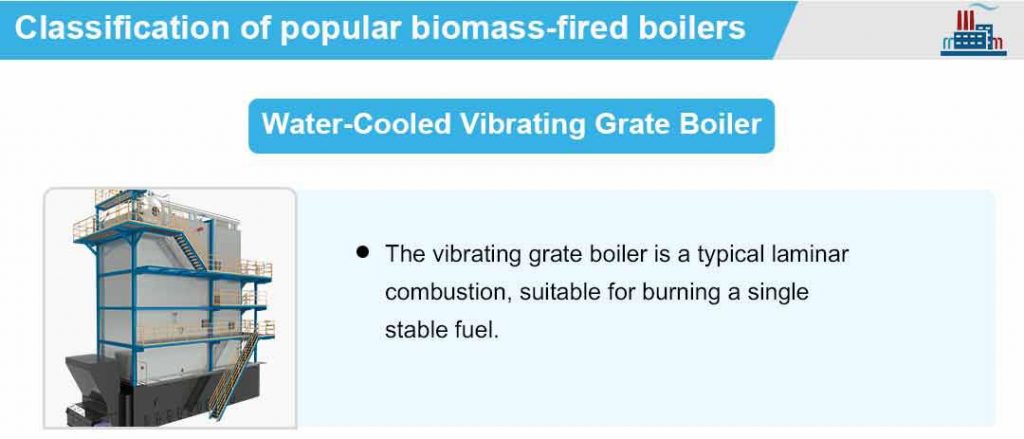
The water-cooled vibrating grate technology was introduced into Denmark, which has the advantage of mature technology and is widely used in biomass power generation projects.
From the combustion point of view, the vibrating grate boiler is a typical laminar combustion, which is suitable for burning a single stable fuel. It has limited potential in terms of fuel adaptability. Some changes in fuel types, physical properties, and combustion properties may cause boiler combustion. and thermal efficiency drops.
2. Circulating Fluidized Bed Boiler
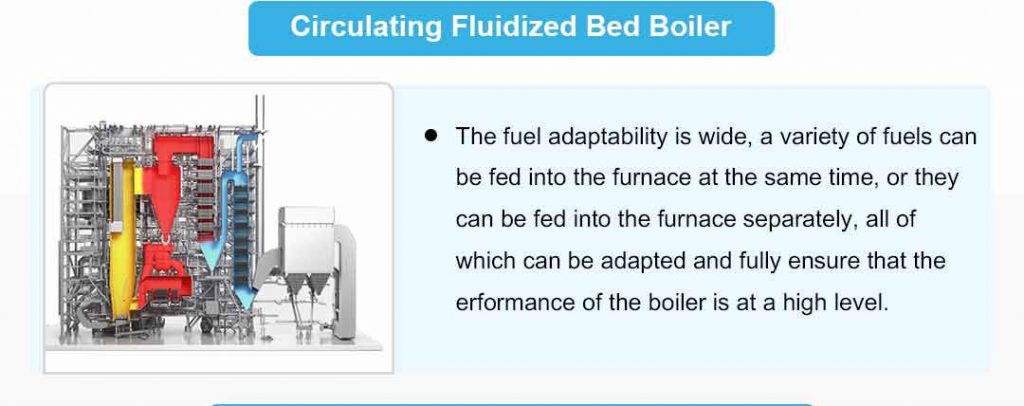
Circulating fluidized bed boiler (CFB) is a high-efficiency and low-polluting combustion technology developed in the late 1970s. Due to its unique advantages in fuel adaptability, variable load capacity and pollutant emissions, it has achieved rapid development.
The fluidized combustion of the circulating fluidized bed boiler can effectively control the combustion temperature, thereby inhibiting the melting degree of straw ash and effectively reducing the deposition of potassium-containing substances into the gas phase to form the heating surface deposition, and at the same time, it can also reduce the risk of high temperature corrosion. The circulating fluidized bed boiler combustion technology has the following advantages: wide fuel adaptability, feed multiple fuels into the furnace at the same time, and can also be fed into the furnace separately. Adapt to and fully ensure that the performance of the boiler is at a high level. For agricultural and forestry biomass fuels with high moisture content and low calorific value and instability, it can also be well burned, and the combustion efficiency is high.
Disadvantages of circulating fluidized bed boilers: The wear problem of the boiler is higher than that of other boiler types, and its material selection and construction requirements are relatively strict. The material return device, the air leakage of the cyclone separator, the selection of the air cap, etc. are all important factors affecting the boiler. In addition, an inert material system needs to be added. The added inert material does not participate in the combustion and is only used to maintain the circulation of the material; the pressure head of the primary and secondary fans is relatively high, the power consumption is relatively large, the power consumption of the plant is relatively high, and the overall efficiency slightly lower.
3. Combined Grate Combustion Technology
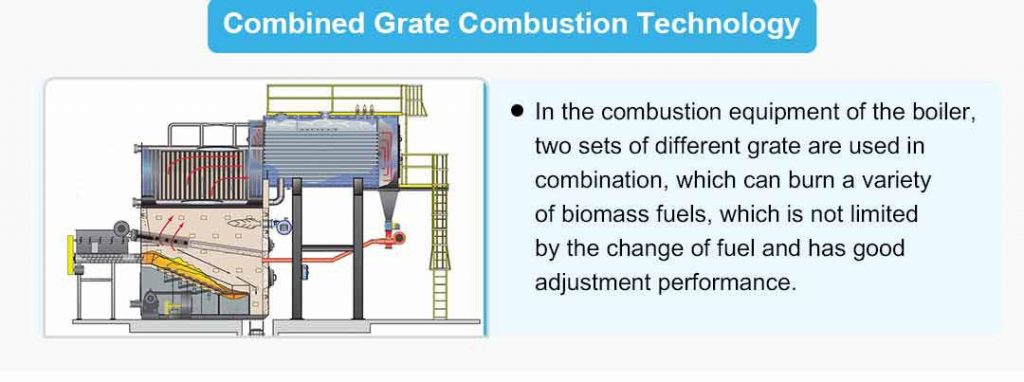
Combined grate is a biomass combustion technology with independent intellectual property rights developed on the basis of water-cooled vibrating grate and aiming at the diversity of biomass fuels. That is to say, two sets of different grate are used in combination in the combustion equipment of the boiler. Among them, the front grate is an inclined reciprocating grate, and the rear grate is a heavy scale type grate, which is in a state of overlapping up and down. The front grate is in operation. The grate is used as pre-combustion and controls the amount of fuel, and the rear grate controls the burnout speed. Since the running speed can be adjusted separately, it can achieve mutual operation coordination, so it is called a joint grate.
Because the front part of the combined grate adopts the inclined stepped reciprocating grate, the fuel rolls from top to bottom, and the furnace flame has good radiation to the fuel, so it is especially suitable for fuel with high water content and can play a role in the drying combustion of fuel. , and the rear section adopts a scale-type grate, and a multi-stage air chamber is arranged to supply air, which can adjust the appropriate air volume during the burnout process.
The most prominent feature of using the combined grate boiler combustion technology to build a biofuel power plant is that it can burn a variety of biomass fuels, which is not limited by fuel changes, has good regulation performance, and has relatively low power consumption.
The Influence of Biomass Fuel on the Selection of Biomass Boilers
1. Influence of fuel moisture on the selection of biomass boilers
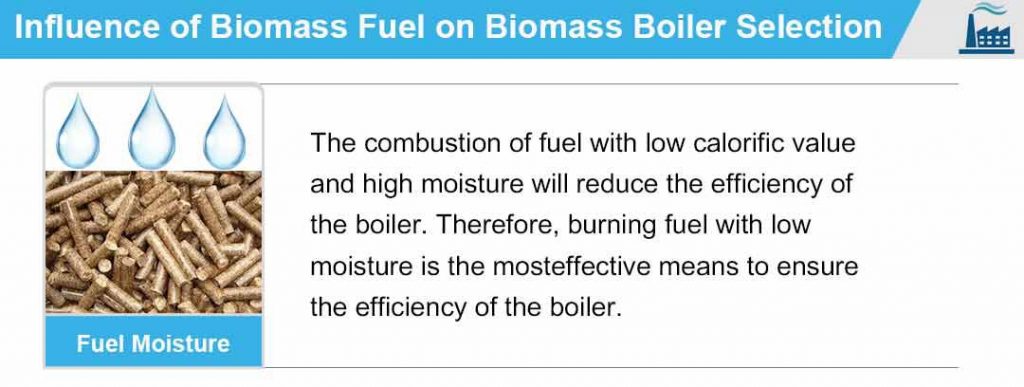
Fuel moisture is a key factor affecting boiler combustion efficiency. When the fuel with low calorific value and high moisture is burned, the formed expanding mist fills the furnace, and the boiler does not have enough space to accommodate the process of heat absorption and heat release, and the instantaneously generated flue gas volume changes sharply. Balanced, high boiler volume heat load cannot be formed, the combustion intensity is insufficient, the load splicing capacity is insufficient, and the boiler efficiency decreases; after the fuel moisture is high, a large amount of water vapor in the boiler reduces the furnace temperature, and the added oxygen acts as a barrier to the water vapor.
It is difficult to fully mix with the flame, so that the combustion lacks oxygen. If the air volume needs to be increased to make up for this part of the oxygen amount, the flow rate of the flue gas increases, the flue gas flows rapidly through the flame, and cannot be fully burned in the furnace, and a large amount of combustibles Escape, the exhaust gas temperature rises.
Therefore, burning low-moisture fuel is the most effective means to ensure boiler efficiency. With the increase of the moisture content of the incoming fuel, the load capacity of the boiler will gradually decrease, and the carbon content of the fly ash will increase. In addition, the deflagration phenomenon that frequently occurs in the operation of circulating fluidized bed boilers is also closely related to the high fuel moisture.
2. Influence of fuel ash on the selection of biomass boilers

Fuel ash is an important reason for the erosion and wear of the boiler heating surface and heat exchanger, and the occurrence of high temperature corrosion is closely related to the ash deposition on the heating surface and heat exchanger. Since the ash content of the fluidized bed boiler is much larger than that of the grate furnace, the ash content in the fuel has a greater impact on it.
In addition to wear and high temperature corrosion, a large amount of ash accumulation in the horizontal flue and heat exchanger affects the heat exchange efficiency, and the exhaust gas temperature is higher than In actual operation, the exhaust gas temperature of the circulating fluidized bed boiler is significantly higher than that of the grate furnace. At the same time, due to the large amount of ash in the circulating fluidized bed boiler, the load of the bag filter is increased.
3. Influence of impurities in the fuel on the selection of biomass boilers

Impurities are not components in the biomass structure, but they are unavoidable in the collection of biomass fuels, including soil, cement blocks and nails. Therefore, impurities are the common product of the inherent nature of biomass fuels and the marketization of fuels. Impurities have a great influence on the operation of biomass boilers. First, the calorific value of biomass fuel is reduced, and secondly, the chemical reaction with alkali metals in biomass fuel generates glass mass, that is, coking is formed, and the grate furnace is in the layered fuel layer. Coking is formed, and the fluidized bed boiler forms coke blocks in the material layer.
Due to the certain self-cleaning ability of the grate furnace structure and the smooth slag discharge channel, small-scale coking will not affect it, but the flow The fluidized bed boiler will affect the fluidization state of the material layer, making fluidization difficult, resulting in insufficient fuel combustion, smoke exhaust heat loss and wear caused by increased air volume and other obstacles that ultimately affect the efficiency and safe operation of the boiler, and coking at the same time.
In severe cases, the slag discharge pipe will be blocked, making it difficult to discharge the slag, increasing the bed pressure of the material bed, and deteriorating the combustion conditions in the furnace. Therefore, impurities are extremely harmful to the operation of biomass boilers, especially the stable operation of fluidized bed boilers. At present, the biggest obstacle affecting the operation of fluidized bed biomass boilers is the impurities of fuel.
Conclusion
To sum up, the three types of biomass boilers have their own advantages and disadvantages, which cannot be generalized. The appropriate boiler selection should be obtained after comprehensive comparison according to the specific conditions of the power station. If you have more detailed boiler selection content, please contact FangKuai.

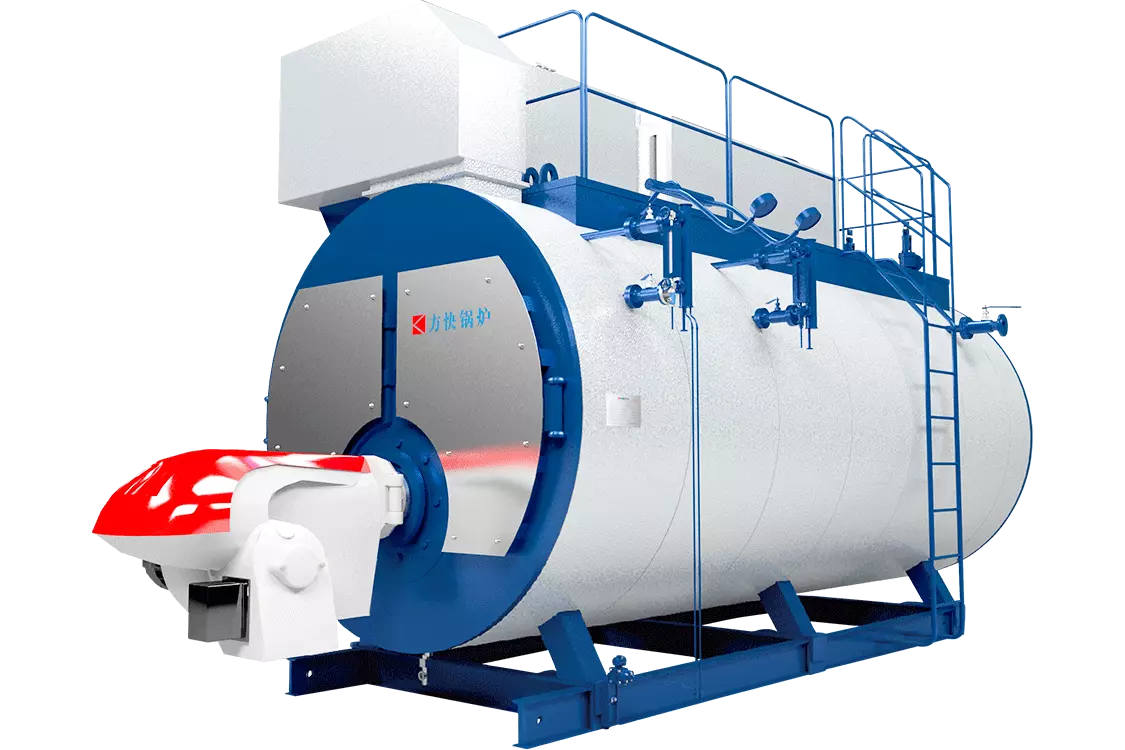
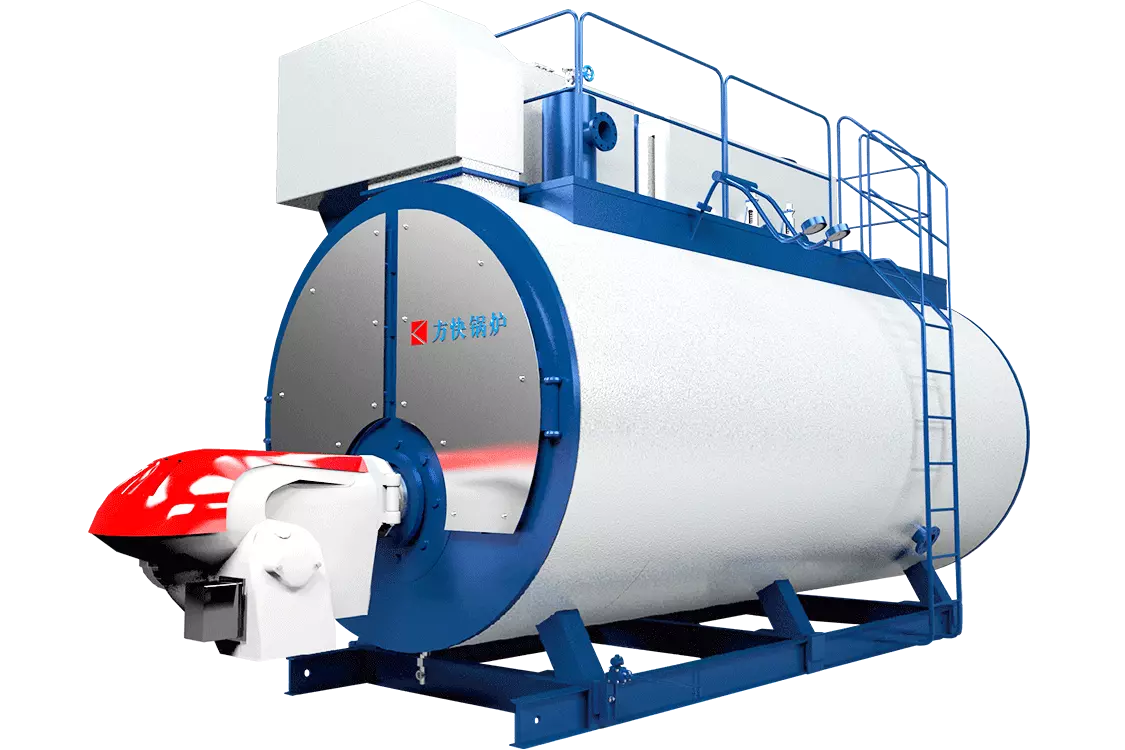
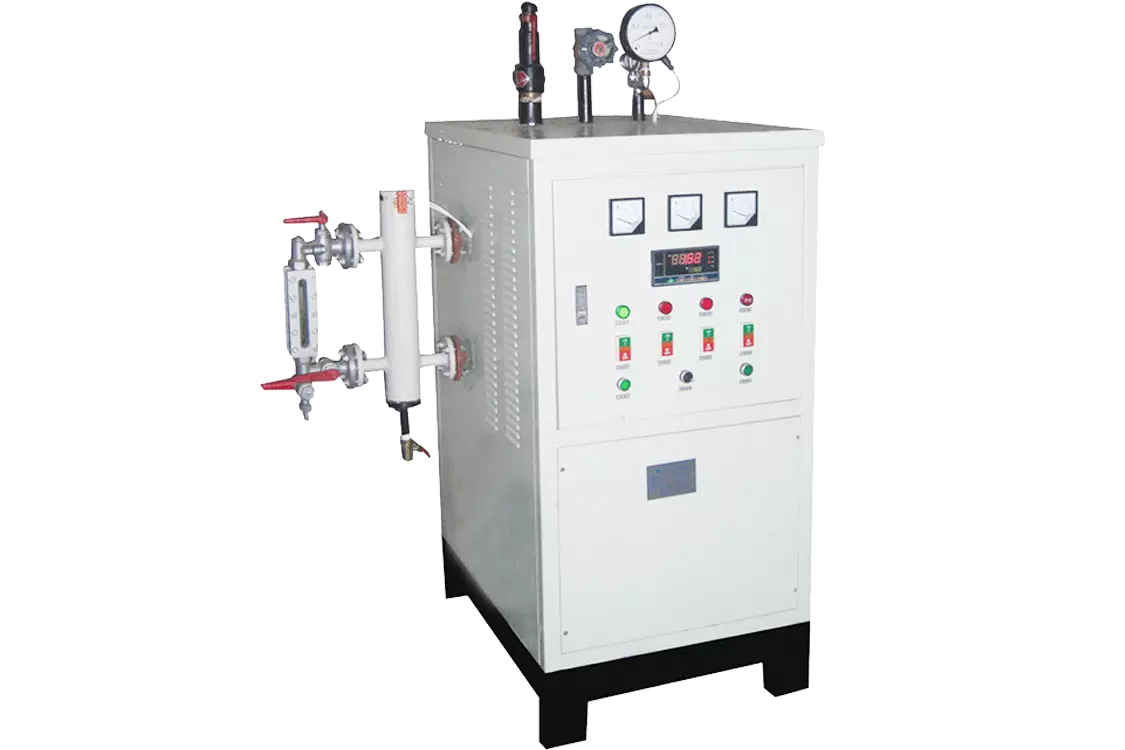
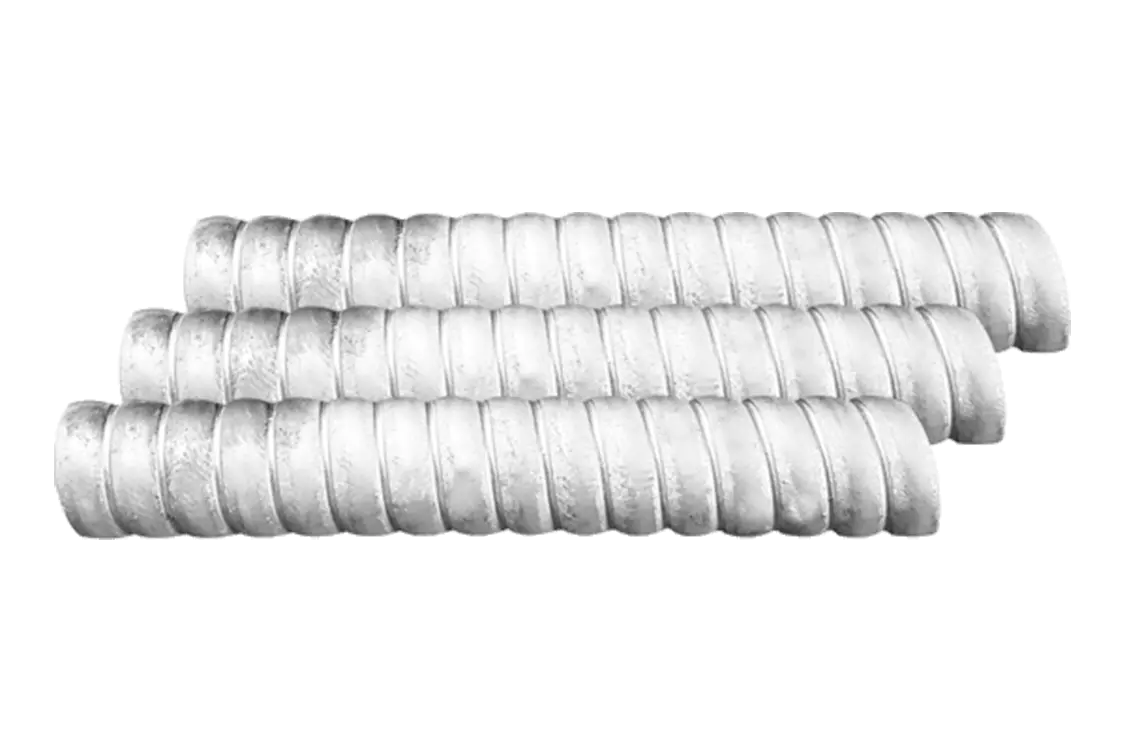






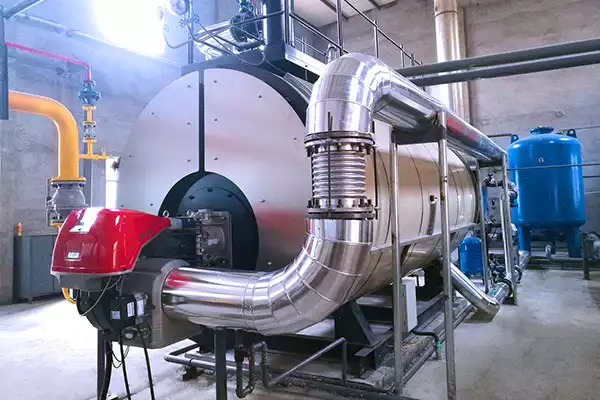
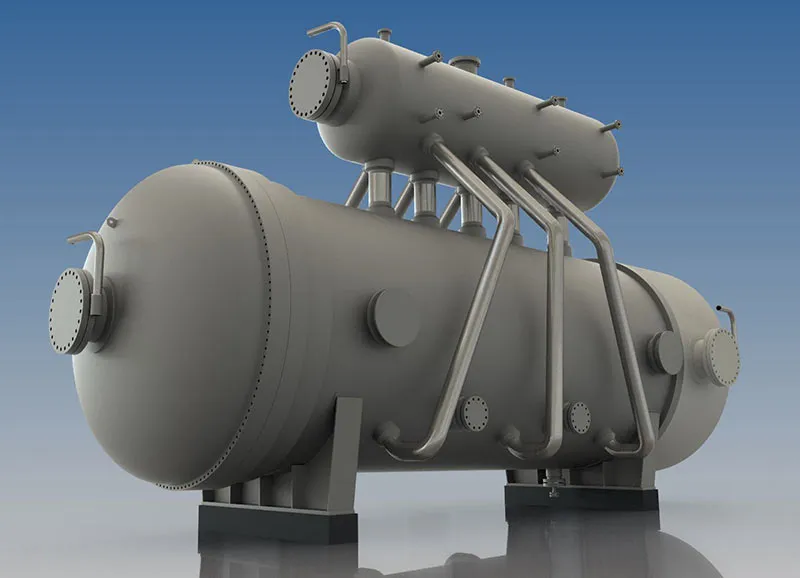
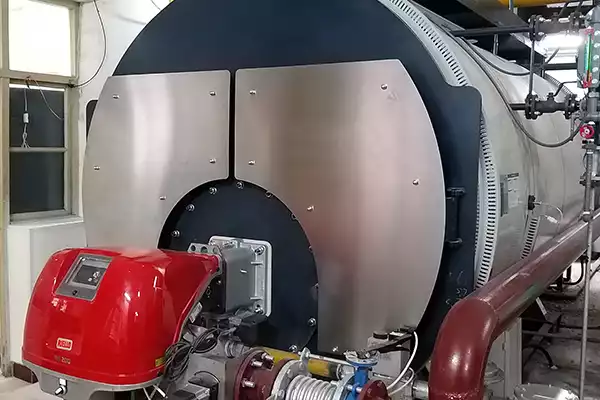
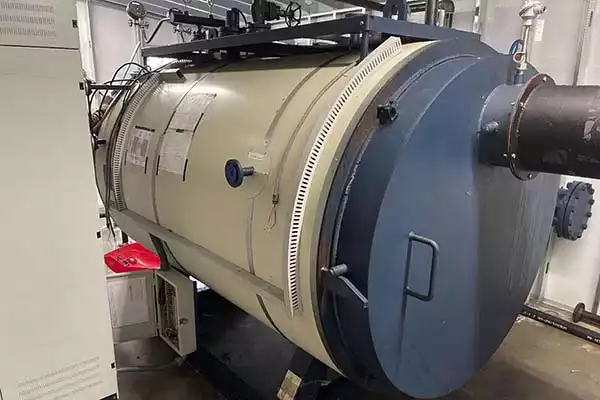
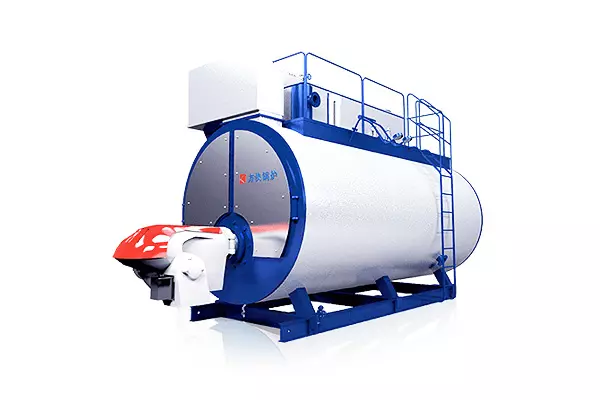
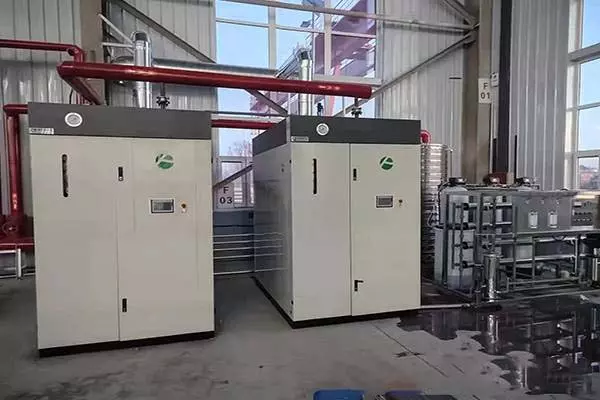
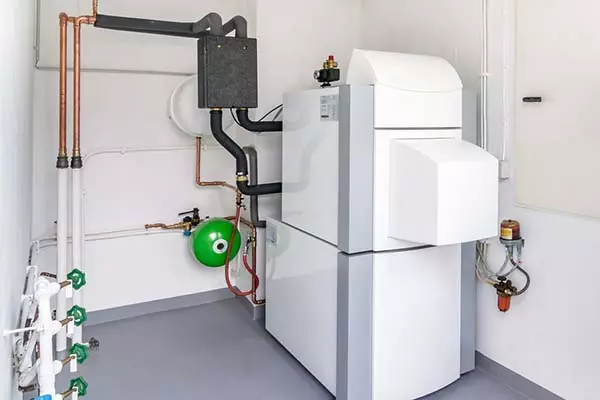
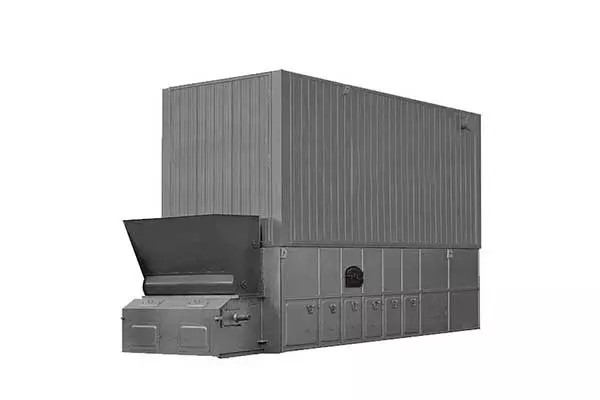



View Reviews of our Customer
"I am very impressed with the quality of Fangkuai's hot water boiler. It is built to last and has exceeded my expectations. The installation process was also very smooth and the customer service was excellent. The hot water boiler is very easy to operate and maintain, and the energy efficiency is remarkable. I highly recommend Fangkuai's hot water boilers."
Jack
Australia"Fangkuai's steam generators are excellent. They are very easy to use and require minimal maintenance. The customer service at Fangkuai is also exceptional. They are very responsive and always willing to help. The energy efficiency of the steam generators is also remarkable, which has helped me save money on my energy bills. I highly recommend Fangkuai's steam generators."
Maria
Spain"We have been using the Fangkuai thermal oil boiler for our chemical plant for years and it has never let us down. The boiler is very durable and can withstand harsh conditions. It is also very easy to operate and maintain, which has helped us save time and money on maintenance. Fangkuai's thermal oil boilers are top-notch and I highly recommend them to anyone in need of reliable heating solutions."
Chang
China"I purchased a Fangkuai steam boiler for my factory and it has been working flawlessly for months now. The quality of the materials and the construction of the boiler are impressive. It is also very energy efficient, which has helped us save money on our energy bills. I highly recommend Fangkuai's products to anyone in need of reliable and efficient heating solutions."
John
USA"Fangkuai's steam generators are excellent. They are very easy to use and require minimal maintenance. The customer service at Fangkuai is also exceptional. They are very responsive and always willing to help. The energy efficiency of the steam generators is also remarkable, which has helped me save money on my energy bills. I highly recommend Fangkuai's steam generators."
Maria
Spain"I am very impressed with the quality of Fangkuai's hot water boiler. It is built to last and has exceeded my expectations. The installation process was also very smooth and the customer service was excellent. The hot water boiler is very easy to operate and maintain, and the energy efficiency is remarkable. I highly recommend Fangkuai's hot water boilers."
Jack
Australia"The steam boiler from Fangkuai is perfect for my food processing business. It meets all of our requirements and is very reliable. The quality of the materials and the construction of the boiler are exceptional. It is also very easy to operate and maintain, which has helped us save time and money on maintenance. I highly recommend Fangkuai's steam boilers to anyone in need of reliable heating solutions."
Json
Brazil"The customer service at Fangkuai is top-notch. They helped me choose the perfect boiler for my needs and provided great support throughout the process. The installation process was also very smooth and the boiler has exceeded my expectations. It is very easy to use and maintain, and the energy efficiency is remarkable. I highly recommend Fangkuai's products to anyone in need of reliable and efficient heating solutions."
Juan
Mexico"We have been using the Fangkuai thermal oil boiler for our chemical plant for years and it has never let us down. The boiler is very durable and can withstand harsh conditions. It is also very easy to operate and maintain, which has helped us save time and money on maintenance. Fangkuai's thermal oil boilers are top-notch and I highly recommend them to anyone in need of reliable heating solutions."
Chang
China